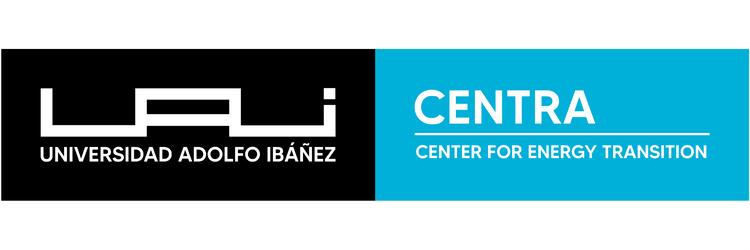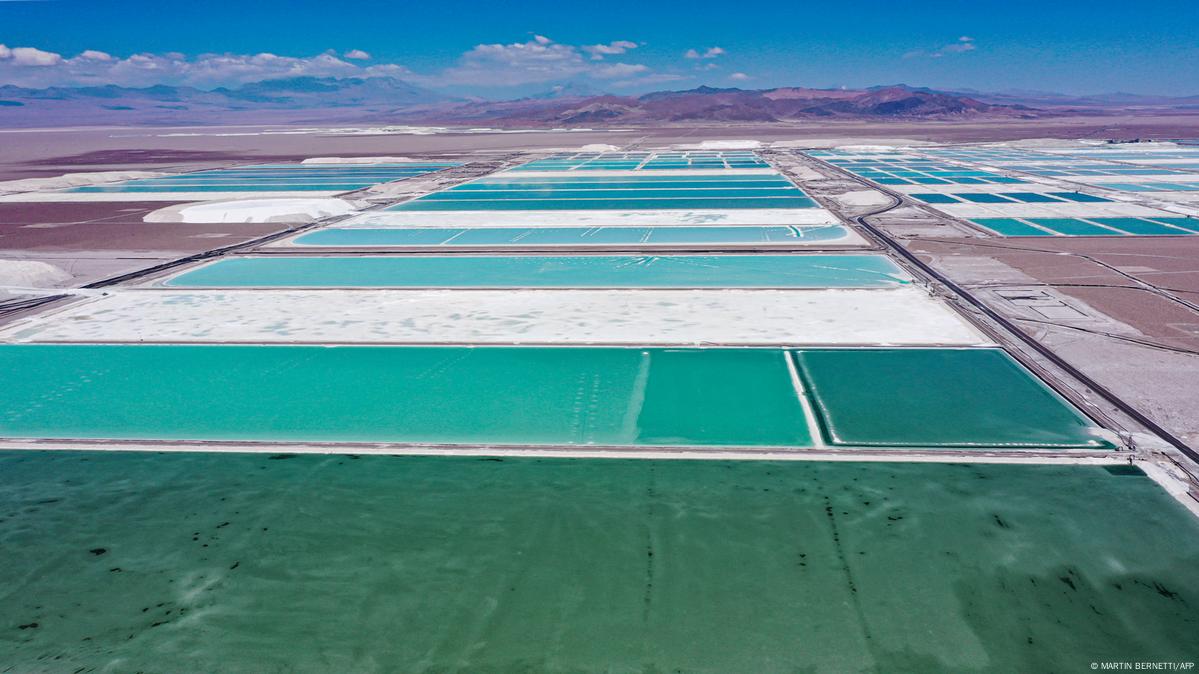The impact of the ‘trade war’ on the development of the local lithium industry
April 29, 2025
As the United States considers imposing new tariffs on the import of critical minerals, experts agree that Chilean mining should continue to bet on lithium, with long-term investments and a focus on Asian markets.
The so-called “trade war,” sparked by the United States’ decision to impose import restrictions and, more recently, by the possibility of setting new tariffs on critical minerals, brings a crucial question: could this context of uncertainty hinder the progress of Chile’s emerging lithium industry?
Alicia Domínguez, energy and mining lead partner at EY, acknowledges that this kind of tension generates uncertainty and price volatility in commodities, and adds that it is also highly likely to impact investment in the mining sector, both in Chile and globally.
“Although copper and lithium from Chile are not directly subject to the new tariff discussions in the U.S., the potential economic slowdown in China due to reduced exports to the U.S. from higher tariffs—within a scenario of persistent trade tensions—could have an indirect impact on our country’s growth,” says Domínguez.
Diversifying: an opportunity
While agreeing that this scenario poses risks for economies like ours, Juan Cariamo, partner and co-CEO of Vantaz Group, also reflects on the opportunities that emerge beyond geopolitical tension, particularly regarding closer ties with India and other countries with strong manufacturing capabilities, such as Korea or Japan.
“It is key for Chile to continue investing and advancing its long-term strategy, which includes exploration and sustainable exploitation of lithium, development of new projects, strengthening the ecosystem, and building a competitive and specialized local industry,” he notes.
Along those lines, he also stresses the need to “closely monitor market diversification strategies and the development of local manufacturing capabilities,” as well as to seek collaboration agreements with emerging economies.
For now, one of the main actors in the local industry, SQM, stated in its 2024 annual report that 93% of its lithium carbonate and hydroxide production last year was exported to Asia, 4% to Europe, and only 3% to North America. The company also estimated that its sales represented 17% of the global market share of this metal.
Getting ahead of the curve
In this challenging scenario, Pérez warns that lithium mining projects are long-term ventures and, as such, the uncertainty and volatility created by Trump’s political decisions significantly affect investment decision-making in the region. In that same vein, the academic emphasizes the need to anticipate these kinds of scenarios to keep moving forward.
“It is essential that Chile continues advancing its lithium industrialization strategy, such as the agreements already signed with BYD Chile and Tsingshan Holding Group, as well as public-private partnerships, among other tools.”
Victor Pérez, professor at Universidad Adolfo Ibáñez, warns that lithium mining projects are long-term endeavors and, therefore, high uncertainty and volatility in Trump’s policy decisions significantly affect investment decisions in our country.
The president of the Chilean Mining Chamber, Manuel Viera, believes Chile has great potential to grow and advance in lithium production, but also warns about the associated risks, particularly regarding environmental impact and relations with local communities, as well as the legislative scenario. In his view, the country “must immediately address a new regulatory framework for lithium, but by eliminating the risks posed by Articles 7 to 9 of the Water Code, which leave its exploitation in limbo.”
Viera believes that improving foreign investment is essential to tackle challenges in infrastructure, water, energy, and human capital. He argues that “the country must move forward in this new scenario with clear rules, with a national strategy that brings together all actors—public, private, local, and global—and that creates a new competitiveness framework in the global geopolitical context.”

